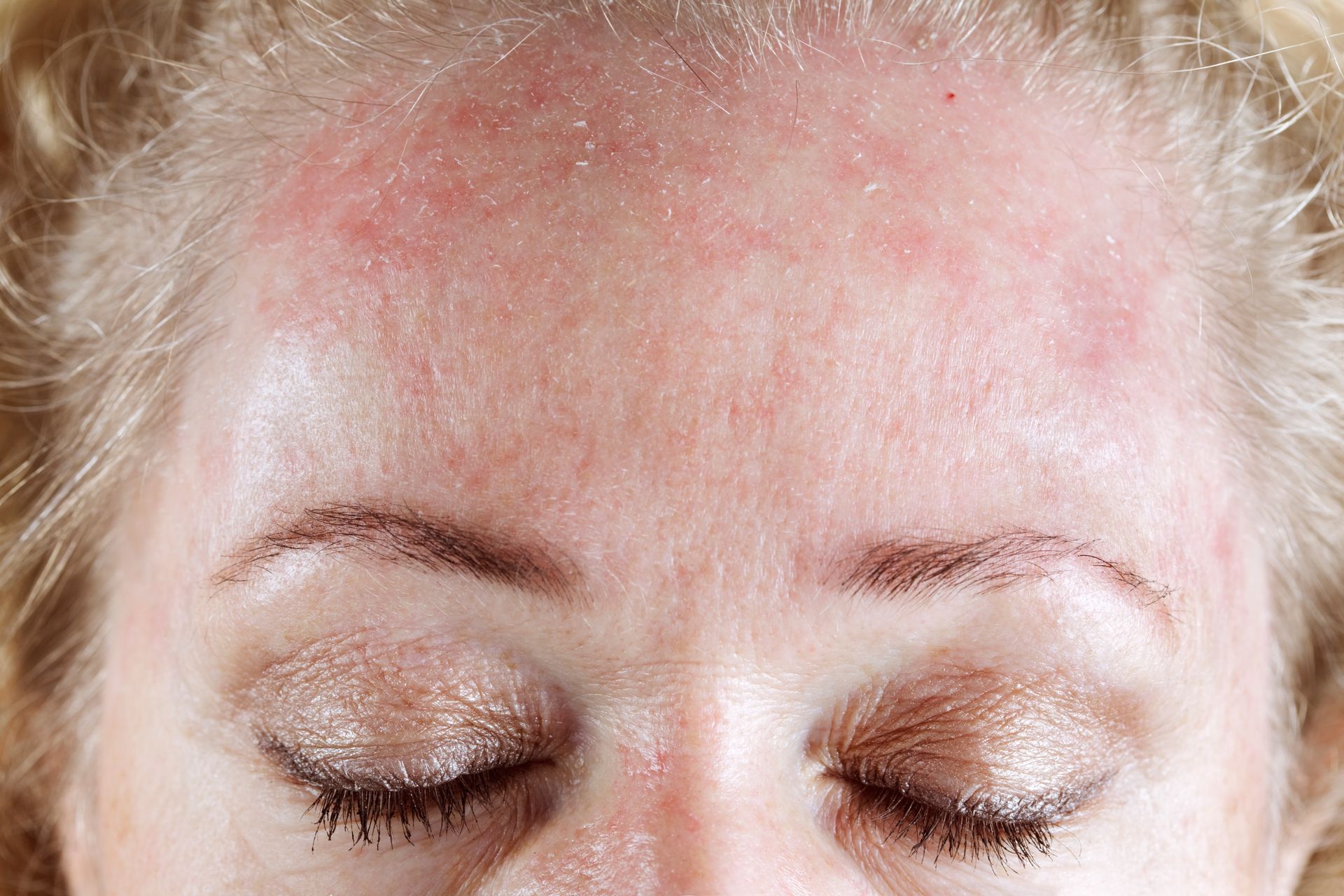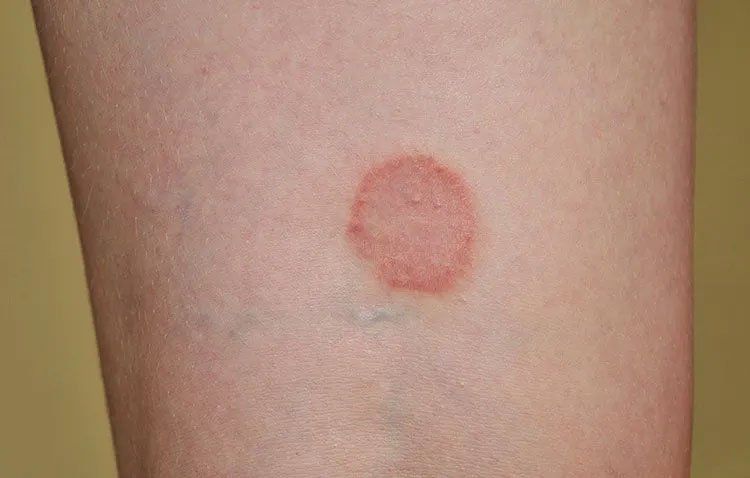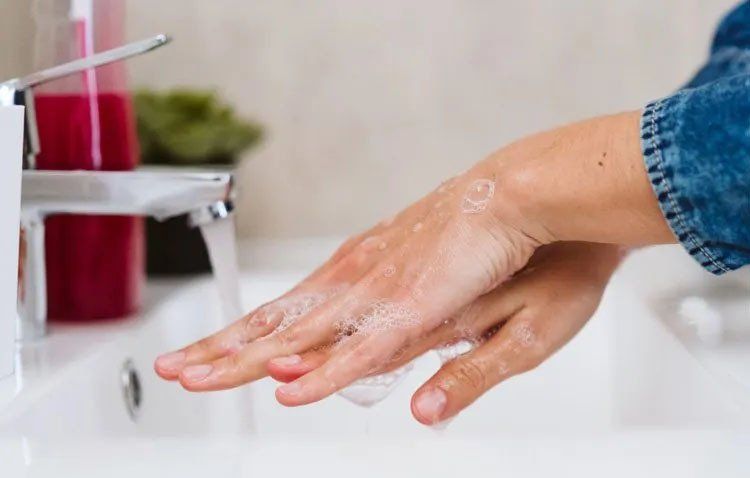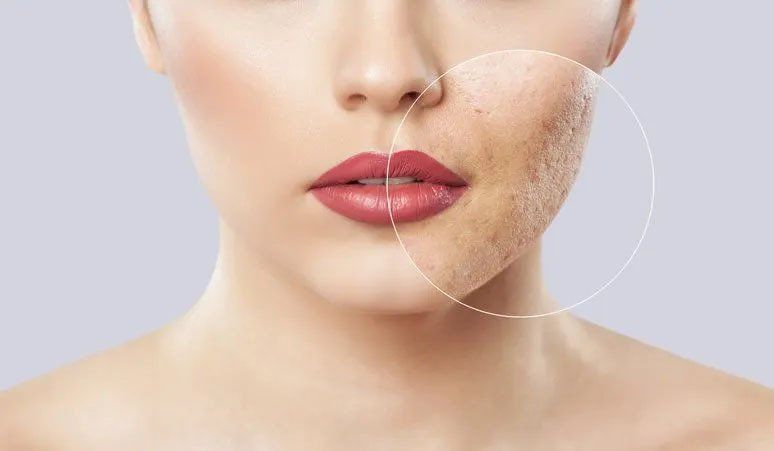The Do's and Don'ts of Healthy Skin
February 25, 2019
The Do's and Don'ts of Healthy Skin

Healthy skin is in. Whether you're young or not, you can have soft, smooth, and above all, healthy skin with minimal effort. If you want to brush up on your skin care routine, take a look at the do's and don'ts to follow.
Do Use Sunscreen
Sunscreen is a year-round requirement for healthy skin. The American Academy of Dermatology (AAD) recommends using a broad-spectrum water-resistant sunscreen that has an SPF of at least 30. While the sun's rays are the most powerful between 10 a.m. and 2 p.m., any daylight exposure can damage your skin — during all seasons.
Not only can excessive, unprotected sun exposure cause serious types of cancer (such as melanoma), but it can also result in premature aging. Reducing the effects of the sun's ultraviolet (UV) rays can limit these risks, giving you a true healthy glow.
Don't UV Tan
A golden glow may give the appearance of health. But a suntan or a tanning bed tan is far from good for your skin. According to the AAD, tanning beds are responsible for more than 400,000 cases on skin cancer annually. Tanning bed use before age 35 increases melanoma risk by as much as 59 percent.
Even though melanoma is the most serious type of skin cancer, it isn't the only potential effect of tanning beds. The AAD notes that a single indoor tanning session can raise the likelihood of developing squamous cell carcinoma by as much as 67 percent. It can also up the odds of a basal cell carcinoma diagnosis by nearly 30 percent.
Along with increasing the skin cancer risk, tanning — whether outdoors in the sun or indoors in tanning beds — can cause premature wrinkling or a leather-like look to the skin.
Do Spray Tan
If you want a glow similar to what the sun (or a tanning bed) provides, sunless tanning is a safer option. Spray tans, sunless tanning creams, and other similar products darken the skin without the danger of UV rays.
While sunless tanning is a healthier alternative to baking in the UV light, the faux glow won't protect your skin against the sun. You will still need to wear sunscreen over your sunless tan during daylight outdoor activities.
Don't Smoke
Smoking is a known cancer-causer that can cause a host of health problems. When it comes to your skin, smoking can cause body-wide wrinkles and may even lead to uncomfortable dermatological conditions. Some evidence also suggests that tobacco use can increase the risk of developing systemic lupus erythematosus, hidradenitis suppurativa, and psoriasis.
Do Visit the Dermatologist
Regular visits to the dermatologist can increase the likelihood of early skin cancer identification. The dermatologist can also diagnose other skin conditions, remove suspicious lesions, and provide the best skin care products for your needs.
Don't Try the Latest Fad
Skin care fads come and go. You're an individual and your skin has individual needs. The latest, so-called greatest beauty cleansers, exfoliators, lotions, and creams may work for some people — but may not work for you.
During your dermatologist visit, ask the doctor what types of products are best for skin type. This is especially important if you have a dermatological condition that requires targeted care, such as eczema, psoriasis, or rosacea.
Do Wash Well
Healthy skin is clean skin. By the end of the day, pollution, bacteria, and other debris take their toll on your face. Ask the dermatologist to suggest a mild cleanser that will erase the day, giving you the healthy complexion that you deserve.
Do you need to schedule a dermatologist visit? Contact Spartanburg Dermatology & Skin Surgery Clinic, P.C., for more information.

Your body is protected by your skin, which helps prevent damage to internal tissues and infection. However, the skin isn't impervious to disease and infection, and skin conditions are common at all stages of life. If you would like to learn more about your skin, check out these four skin diseases and conditions that are common in adults.
Skin tags develop in almost one-half of the adult population. While these elevated skin growths don't pose any significant health hazards, they can prove both uncomfortable and embarrassing, depending on their location. Fortunately, a qualified dermatologist can remove your unsightly skin tags safely and easily.
Lines around the eyes are almost impossible to hide. Makeup can sometimes make them more noticeable, and sunglasses are not acceptable to wear everywhere. A more effective solution is to learn the little habits that cause the lines to begin or worsen existing wrinkles. Additionally, use these four inexpensive and easy ways to reduce the risk of crow's feet and fine lines.
Lupus is an autoimmune disorder. If you have lupus, your immune system targets your tissue and organs. Unfortunately, you may suffer from skin rashes as your immune system attacks your skin. In fact, skin problems occur in 66 percent of patients with lupus, as noted by the Lupus Foundation of America. Fortunately, a dermatologist can help you combat the skin issues that arise from this disorder.
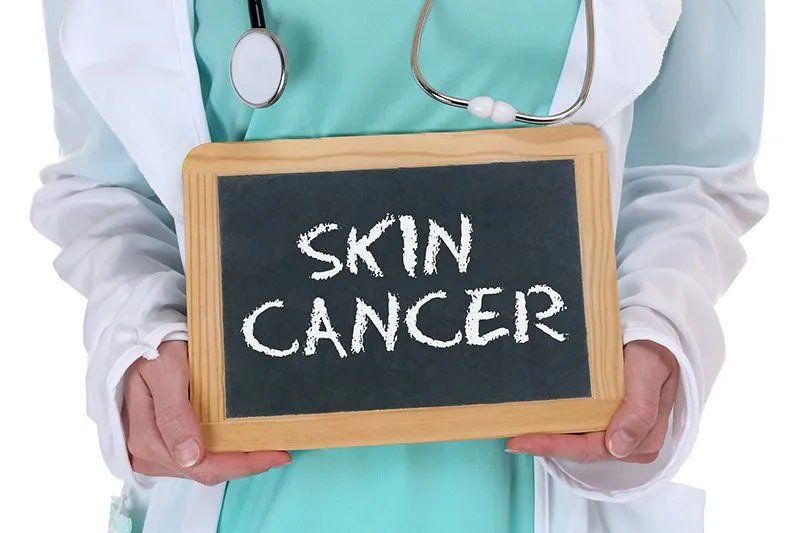
Skin cancer is the most common cancer in the United States, affecting one in five people in their lifetime, according to the American Academy of Dermatology. While some types of skin cancer can be treated effectively, other types, particularly melanoma, can often be fatal. Take steps to prevent skin cancer and reduce your risk.

